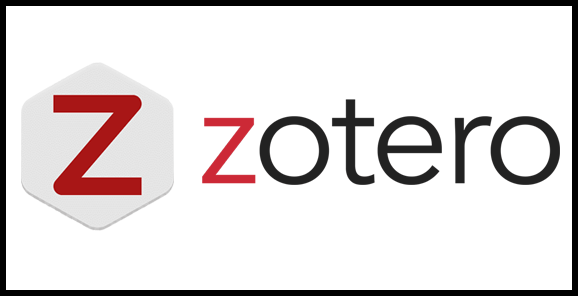Pengaruh Penggunaan Model Pembelajaran Tipe Team Assisted Individualization Terhadap Peningkatan Hasil Belajar Siswa Pada Akidah Akhlak Kelas IX Madrasah Tsanawiyah Ihyaul Ulum Miru
Abstract
Education is a process of providing anenvironment that allows students to interact with their surroundings to develop their inherent abilities. To become a professional teacher, one must possess teaching skills. The Cooperative Learning Model is a teaching model where learning activities are conducted by the teacher by creating learning conditions that enable peer-to- peer learning among students. In reality, the understanding of Islamic Education, specifically the Akidah Akhlak subject, among 33 students showed that only 9 students (27%) achieved complete understanding, while the remaining 24 students (73%) did not, with the class average only reaching 58.9%. The problem statements are: How is the use of the Team Assisted Individualization Learning Model in the Akidah Akhlak subject for Class IX-A at Madrasah Tsanawiyah Ihyaul Ulum Miru Kedamean Gresik? What are the learning outcomes of students in the Akidah Akhlak subject for Class IX-A at Madrasah Tsanawiyah Ihyaul Ulum Miru Kedamean Gresik? Is there an effect of using the Team Assisted Individualization Learning Model on the improvement of student learning outcomes in the Akidah Akhlak subject for Class IX-A at Madrasah Tsanawiyah Ihyaul Ulum Miru Kedamean Gresik? This study falls under quantitative research, which is an approach that generates data in the form of numbers and analysis using statistics. Data collection techniques include observation, documentation, and tests. Research instruments include observation, documentation, tests, and questionnaires. The research results show that the use of the Team Assisted Individualization Learning Model demonstrates positive results, with student responses showing 44.10% strongly agreeing, 41.61% agreeing, 14.24% somewhat agreeing, and 0% strongly disagreeing. Student learning outcomes before andafter using the Team Assisted Individualization Learning Model based on pre-test results were 55%, while post-test mastery was 82%. The effect of using the Team Assisted Individualization Learning Model on improving student learning outcomes is evidenced by a linear test result showing a correlation coefficient of 0.896 with a significance/p-value of 0.000, as the significance value of 0.000 < 0.05.
References
Fathurrohman, Muhammad. (2015). Model-model pembelajaran. Jogjakarta: Ar-ruzz media.
Herdiansyah, Haris. (2011). Metodologi Penelitian Kualitatif. Jakarta: Salemba Humanika.
Ihsan, Fuad. (2008). Dasar Dasar Kependidikan (Komponen MKDK). Jakarta: Rineka Cipta.
Mardianto. (2011). Pembelajaran Tematik. Medan: Perdana Publishing.
Rusman. (2010). Model-model Pembelajaran. Depok: Rajagrafindo Persada.
Trianingrum, Nevia Dina, Ach. Khusnan, & Barudin. (2024). Peningkatan Hasil Belajar Siswa Menggunakan Media Pembelajaran Canva Pada Mata Pelajaran Qurdis di SD Al-Furqon 2 Wedoroanom Driyorejo Gresik. Jurnal Pendidikan Agama Islam Miazhar, 3(2), 45-51. Retrieved from http://jurnal.mialazhar.sch.id/index.php/jpaimi/article/view/49.
Wardani, Alya, Suparno. (2023). Peningkatkan Hasil Belajar Siswa Menggunakan Model Pembelajaran STAD (Students Team Achievement Division) Berbantu Metode Demonstrasi Mata Pelajaran Fiqih Di MTs YPM 2 Sidoarjo. Jurnal Pendidikan Agama Islam Miazhar, 2(2), 58-64. Retrieved from http://jurnal.mialazhar.sch.id/index.php/jpaimi/article/view/24.
Zuriah, Nurul. (2001). Metode Penelitian Kualitatif. Bandung: PT. Rosdakarya.







